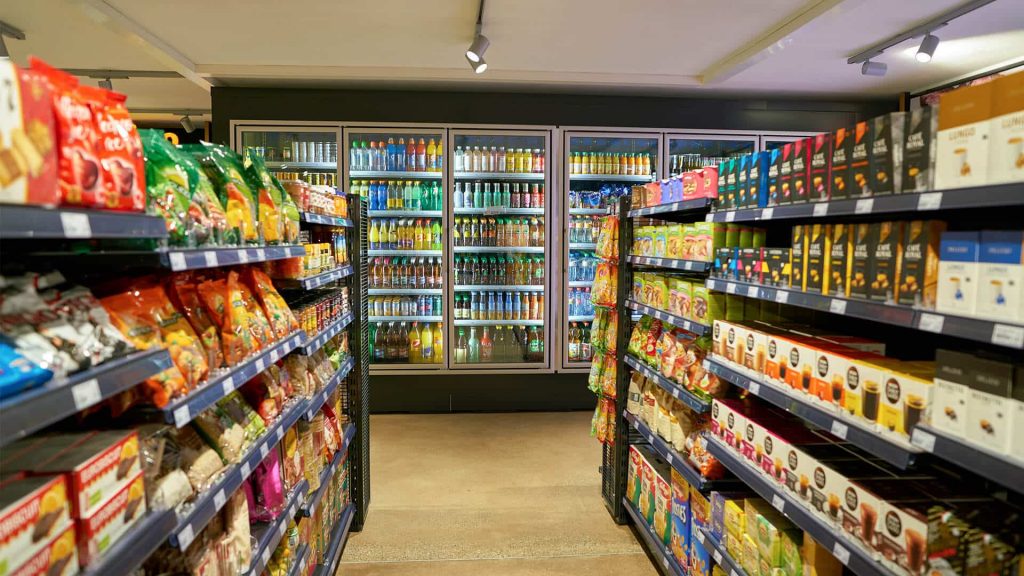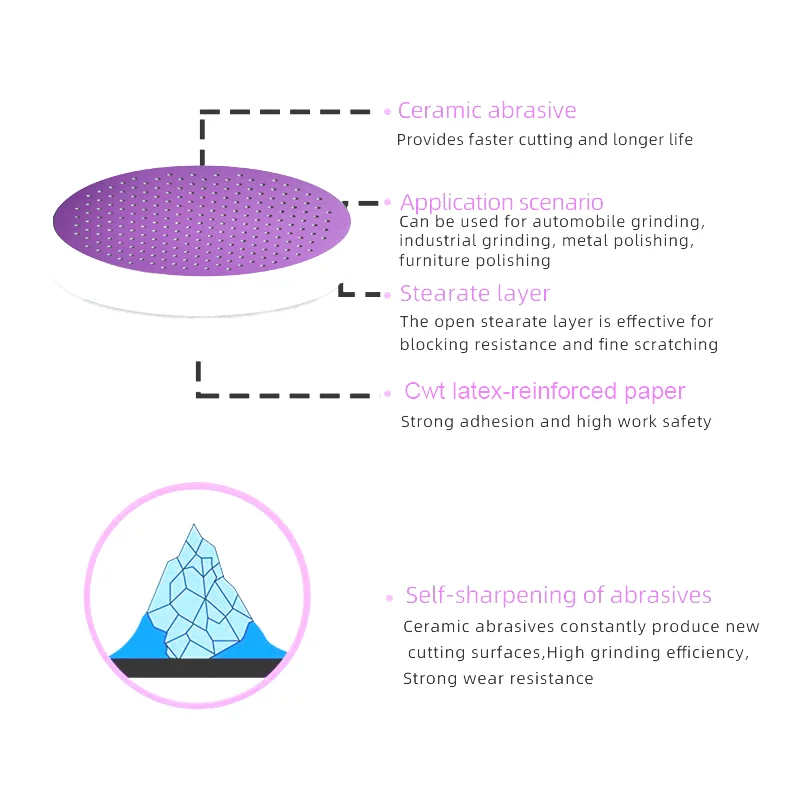Exploring Japan's Top Three Convenience Stores: Unveiling the Epitome of Convenience and Innovation

Convenience stores, known as "konbini" in Japan, are an integral part of the country's culture and daily life. These stores offer a wide range of products and services, catering to the diverse needs of customers. In this article, we will delve into the three main convenience stores in Japan, highlighting their unique features, innovations, and the convenience they bring to people's lives.
- 7-Eleven: The Pioneer of Japanese Convenience Stores
7-Eleven, originally an American brand, has become synonymous with convenience in Japan. With over 20,000 stores across the country, it holds the largest market share. 7-Eleven is renowned for its extensive product selection, including ready-to-eat meals, snacks, beverages, and daily necessities. What sets 7-Eleven apart is its commitment to quality and freshness. The stores have a reputation for offering delicious and affordable bento boxes, onigiri (rice balls), and a variety of Japanese-style snacks. Moreover, 7-Eleven has embraced technology, introducing self-checkout systems and mobile payment options, making the shopping experience even more convenient. - FamilyMart: Embracing Innovation and Community
FamilyMart is another major player in the Japanese convenience store industry. With approximately 16,000 stores nationwide, it has established a strong presence. FamilyMart distinguishes itself through its emphasis on innovation and community engagement. The stores feature a wide range of products, including freshly brewed coffee, sandwiches, and desserts. FamilyMart has also introduced unique collaborations with popular brands, offering limited-edition merchandise and exclusive products. Additionally, FamilyMart has integrated digital solutions, such as mobile apps for ordering and delivery services, ensuring convenience for customers on the go. - Lawson: Convenience Redefined with Diverse Offerings
Lawson, with around 14,000 stores in Japan, completes the trio of top convenience store chains. Lawson prides itself on its diverse offerings, catering to various customer preferences. The stores provide an extensive selection of food and beverages, including freshly baked goods, healthy salads, and a wide range of drinks. Lawson has also embraced the concept of "omotenashi," which means hospitality in Japanese. They strive to create a welcoming atmosphere for customers, with comfortable seating areas and clean facilities. Lawson has also introduced self-service coffee machines and digital ordering systems, ensuring a seamless and efficient shopping experience.
Conclusion:
Japan's convenience stores, led by 7-Eleven, FamilyMart, and Lawson, have revolutionized the concept of convenience and become an integral part of Japanese society. These stores offer not only a wide range of products but also innovative services and technologies that enhance the overall shopping experience. Whether it's grabbing a quick meal, purchasing daily necessities, or enjoying a freshly brewed coffee, convenience stores in Japan have become an epitome of efficiency, quality, and customer satisfaction. So, the next time you visit Japan, don't forget to explore these three main convenience store chains and experience the unparalleled convenience they offer.
